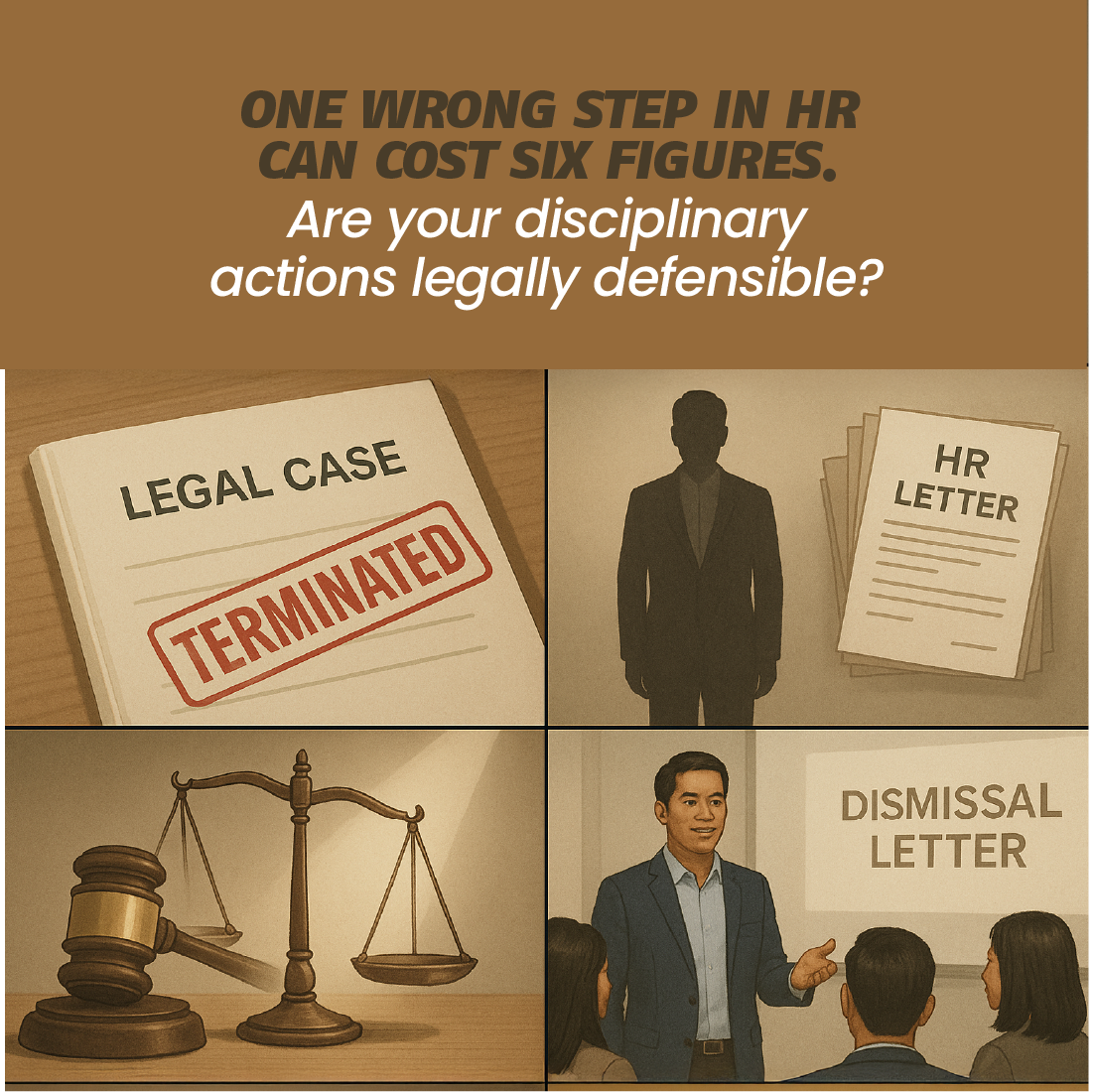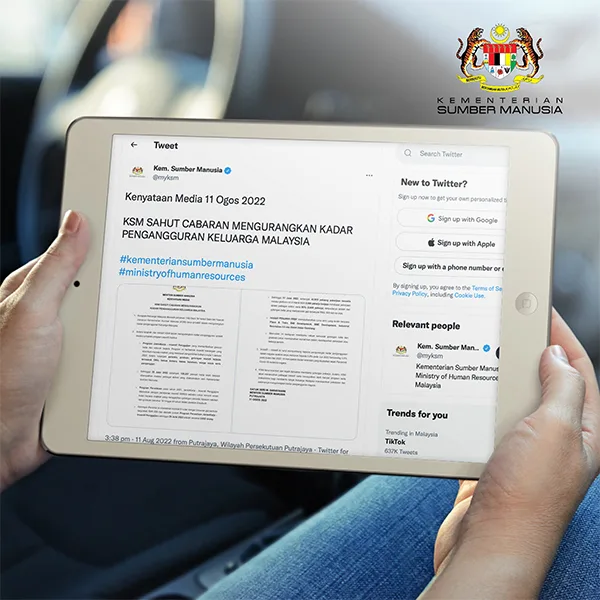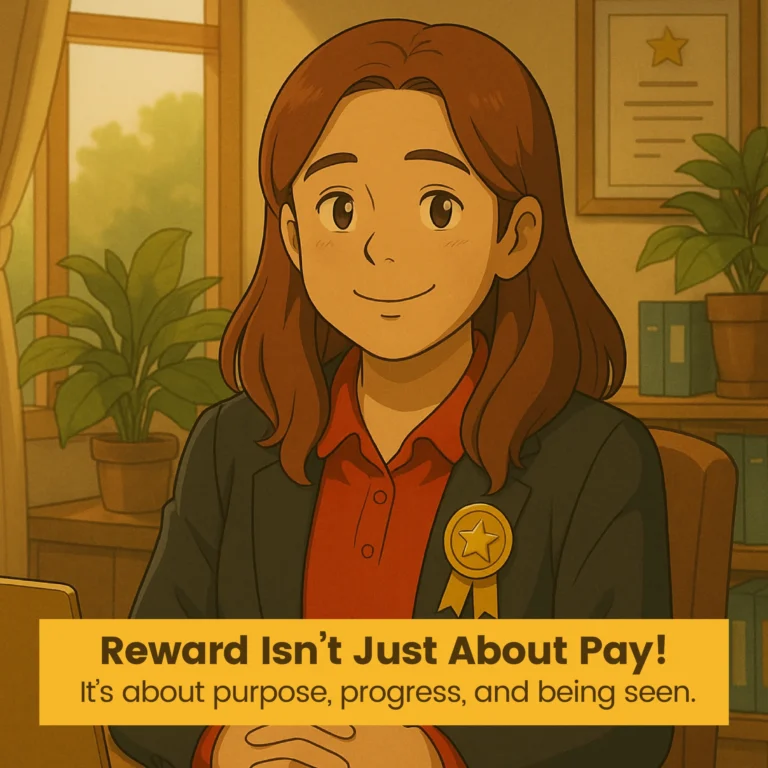Every HR professional has handled a difficult case.
- A poor performer who can’t improve
- A misconduct report with no clear evidence
- A manager who wants to “just terminate”
- A warning letter written under pressure
At first, it feels routine.
Until it’s not.
When HR Gets It Wrong, It’s Not Just a Slap on the Wrist
In Industrial Court, a poorly handled dismissal isn’t just embarrassing.
It can be a 6-figure payout.
- One unclear warning letter
- One missing Domestic Inquiry step
- One sentence you couldn’t justify
That’s all it takes to lose a case.
And once it’s lost — the damage goes beyond money:
☒ Reputational harm
☒ Morale decline
☒ Public scrutiny
☒ Internal chaos
The Real Problem? We Learn the Law Too Late
Most HR professionals never get formal legal training.
They learn through:
❌ Trial and error
❌ Losing cases
❌ Reading court decisions after it’s too late
But here’s the thing — employment law isn’t just legal theory.
It’s your daily battlefield.
From Managing People to Managing Liability
Let’s be honest:
- How many times have you reused the same warning letter template?
- How confident are you that your termination process is defensible?
- Can you explain what makes a dismissal “constructive”?
If the answer is “not sure” — you’re not alone.
But it means your company is at risk every time HR acts.
You Are the First Line of Legal Defence
You may not have “Legal” in your job title.
But if you:
✅ Issue warnings
✅ Draft termination letters
✅ Sit in grievance meetings
✅ Handle misconduct cases
Then you’re already making legal decisions — whether you realise it or not.
Final Thought
You don’t need to become a lawyer.
But you do need to stop guessing.
Because in HR, what you don’t know can cost everything.










